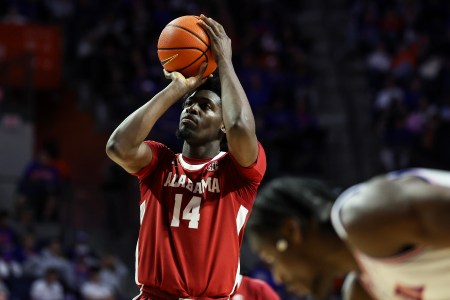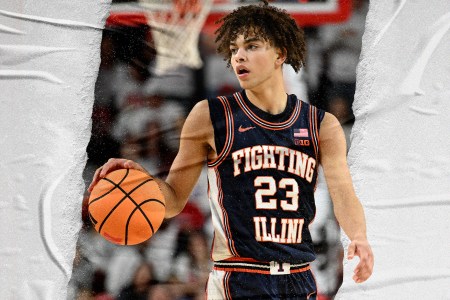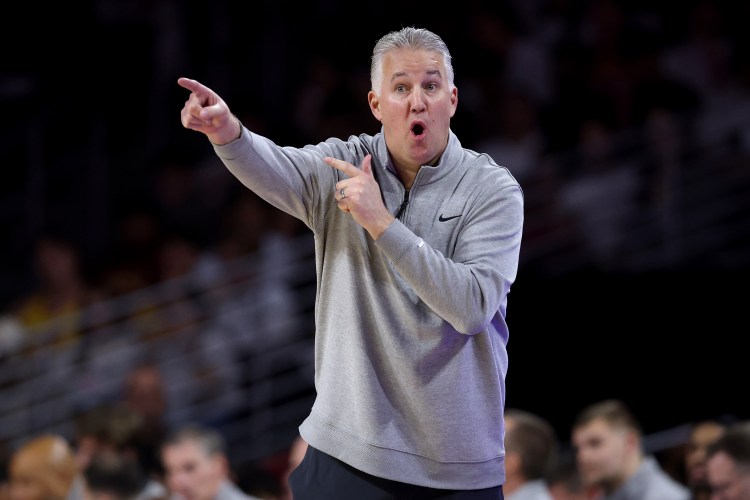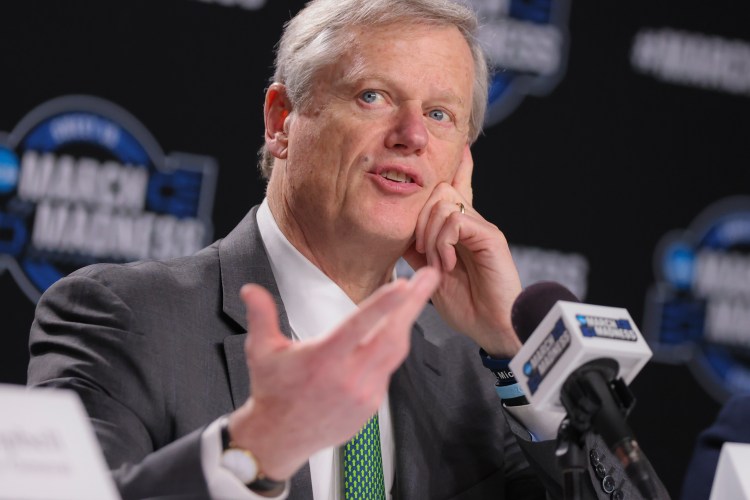A year ago, Missouri coach Dennis Gates went into the off-season with a mission to completely reset his program. The Tigers had just gone 8-24 and were winless in league play for the first time in more than a century. Gates approached April as if he had just been hired, psychologically wiping the slate clean. The team made some critical moves in the transfer portal and concentrated heavily on player development.
The results were astounding. Missouri experienced one of the biggest turnarounds in college basketball history, finishing 22-12 and 10-8 in an SEC widely regarded as the strongest conference ever. The team climbed as high as No. 14 in the AP poll and eventually earned a No. 6 seed in the NCAA Tournament, where it was upset in the first round by No. 11-seed Drake.
As Gates and his staff shift focus to the 2025-26 campaign, the pressure is on for the program to build on its success. It is an immense challenge considering that five key players have exhausted their eligibility, including two of the team’s top three scorers in 6-foot-3 guard Caleb Grill (13.7 points per game) and 6-foot-5 guard Tamar Bates (13.3). Missouri is also losing another starter (6-foot-4 guard Tony Perkins), a spark off the bench (6-foot-3 guard Marques Warrick) and one of its captains (6-foot walk-on guard Jeremy Sanchez).
If the pivotal word last offseason was “reset,” this year it is “retention.” With so many notable pieces graduating, it was essential that the Tigers keep their other core contributors: 6-foot-8 junior forward Mark Mitchell, an All-SEC Third Team selection, and 6-foot-3 sophomore guard Anthony Robinson II, who was the only underclassman to be named SEC All-Defense. Neither player has entered the portal and Gates anticipates that they will return. Missouri will also bring back 6-foot-4 sophomore forward Trent Pierce and 6-foot-7 senior wing Jacob Crews, both of whom played significant roles.“What we needed to obviously do is make sure that our returning guys would meet what I thought would give us a chance to compete,” Gates told Hoops HQ. “I think we’ve been able to do that. The date that we’re slowly creeping up on is April 22 — that’s the portal deadline. And I think ultimately we have things still in place.”
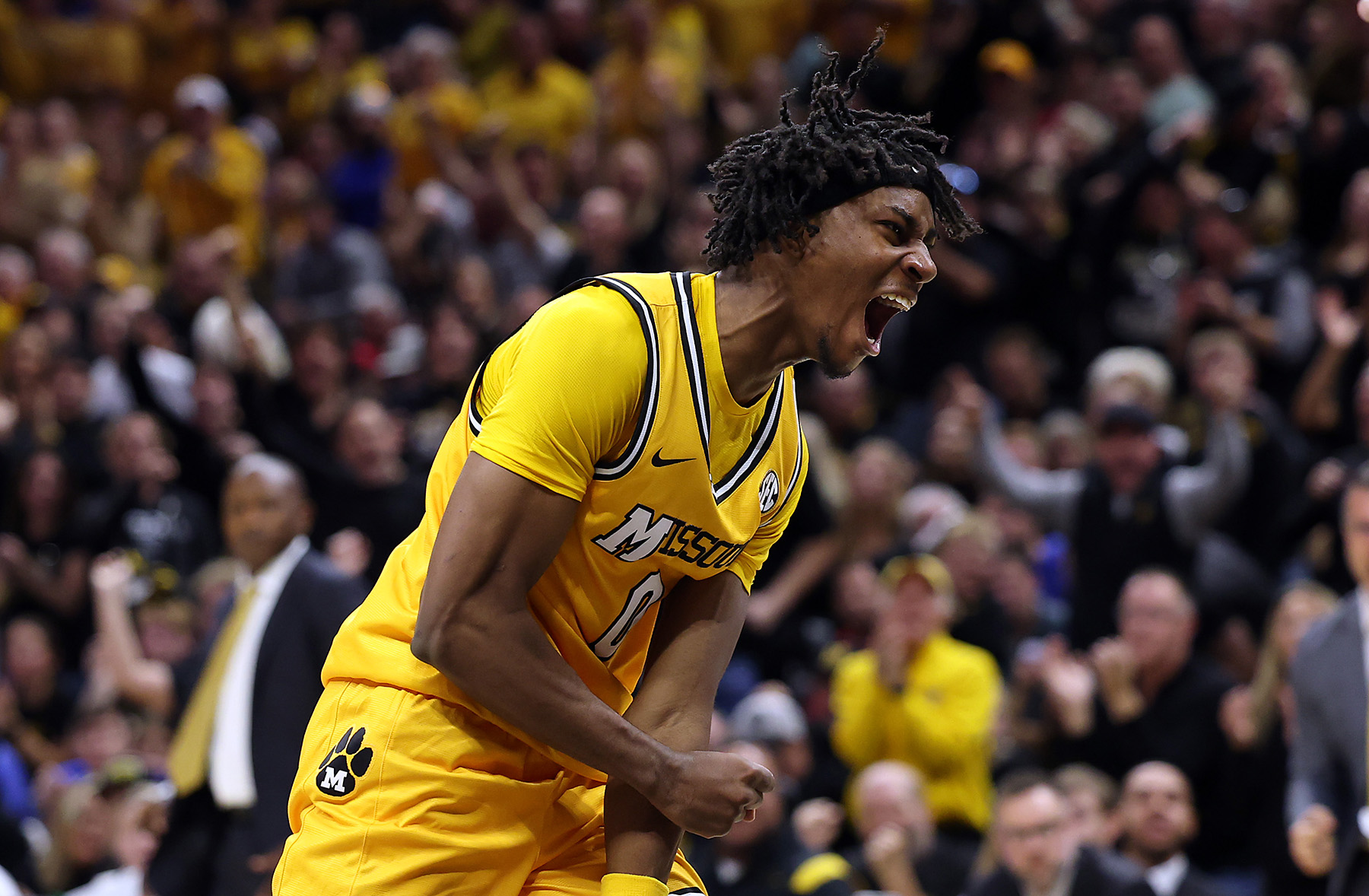
With Michell and Robinson as the headliners, Gates believes that the Tigers have a better returning nucleus than they did a year ago. “I just expect those two guys to be our anchors, as they should be preseason All-Conference type of guys,” he said. Mitchell is one of the few All-SEC players who isn’t graduating or entering the NBA draft. Missouri is the only team in the conference returning its leading scorer (Mitchell) and leader in assists (Robinson) from the 2024-25 season. Depth will continue to be one of Missouri’s strengths, but Gates envisions both Mitchell and Robinson logging between 30 and 35 minutes per game next year. No one on last season’s team averaged more than 28 minutes.
There was work to do in the portal as well, especially with a few possible role players (6-foot-11 senior center Josh Gray, 6-foot-8 junior forward Aidan Shaw and 6-foot-7 freshman guard Marcus Allen) opting to transfer out. As he recruits replacements, Gates is able to point to several guys who made considerable leaps after joining the Tigers. Bates is perhaps the best example. The former five-star prospect out of IMG Academy spent his first two seasons at Indiana, where he averaged 5.1 points and 1.4 rebounds, before transferring to Missouri in 2023. With an expanded role and the support of a strong player development program, Bates blossomed into one of the top guards in the SEC.
Gates pictures 6-foot-3 sophomore guard Sebastian Mack, Missouri’s splashiest portal signing, breaking out in a similar way. Mack, also a high-profile high school recruit, played his first two years at UCLA, averaging 10.8 points on 40.4 percent shooting. “I think [Mack] is on path to do the same thing that Tamar Bates did after transferring from a blue blood — being about to come to a place that will now restore and reinvigorate his basketball spirit that he had along the way,” Gates said. Mack does not bring the shooting that Bates provided, but he fits in well with a Missouri offense that stresses attacking the basket and getting to the free throw line. He also is a terrific defender. “Toughness and intensity describe Sebastian Mack’s game,” Gates added. “He plays with a violence that a lot of kids aren’t able to play with. Now you add him to a team, a program, an identity that takes those things and we love every part of it.”
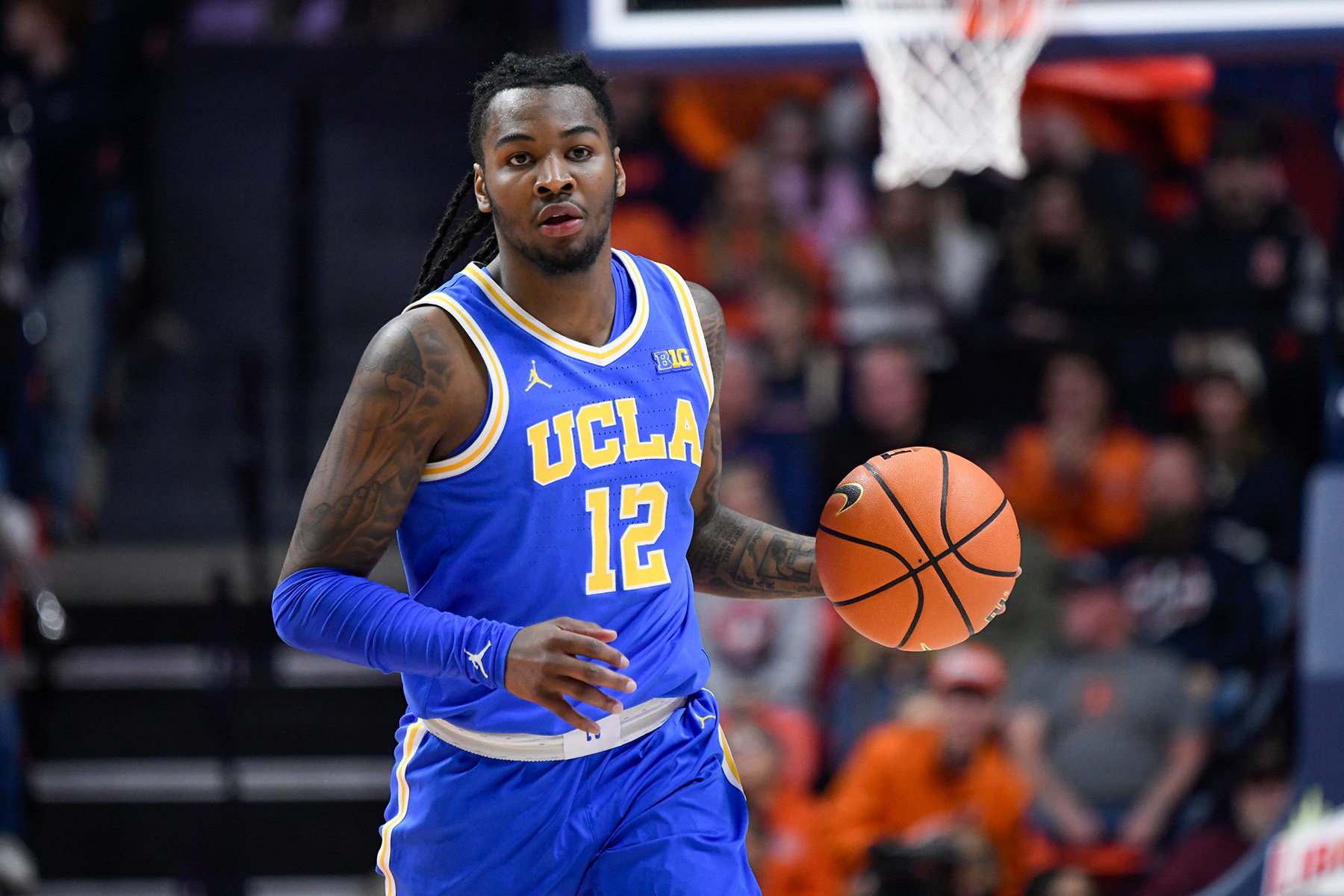
Missouri prioritizes positional size — it had the 42nd tallest roster in the nation last season, according to KenPom — and athleticism. In addition to Mack, the Tigers also signed 7-foot junior center Shawn Philips Jr. (Arizona State), 6-foot-11 junior forward Jevon Porter (Loyola Marymount) and 6-foot-11 sophomore forward Luke Northweather (Oklahoma). Phillips Jr. appeared in 31 games for the Sun Devils, averaging 5.4 points, 5.2 rebounds and 1.1 blocks. Porter, a Columbia native and the younger brother of former Tigers Michael Porter Jr. and Jontay Porter, has been very productive at the mid-major level (13.3 points and 6.8 rebounds in 83 total games, 52 at Pepperdine). Northweather played sparingly in his two seasons with the Sooners, but he was a star at Blair Oaks High School (Jefferson City, Mo.), winning 2022 Gatorade Missouri Boys Basketball Player of the Year.
“I truly believe with some player development, or at least our player development, we’ll see an improvement in each of those kids, their stats, their abilities, but also their playing styles,” Gates said. With the addition of more size — including 7-foot-5 freshman center Trent Burns, who redshirted last year — Mitchell will play more on the wing as opposed to the low post.
Missouri may have gotten bigger, but it lost a lot of its perimeter shooting, which is an essential piece of its analytics-driven offense. Bates and Grill both shot above 39 percent from behind the arc, combining to hit 130 three-pointers. Warrick was a 45.6 percent three-point shooter off the bench. “The elephant in the room is that we lose 462 three-point attempts,” says Gates. “In a perfect world, what I want is to distribute that amongst our team [and not] lose the number and the percentage.”
Crews, who connected on 33.6 percent of his 3.2 three-point attempts per game, is expected to assume the catch-and-shoot role that Grill played. Gates believes Crews can become “one of the best three-point shooters in the country.” The staff is also counting on Robinson to carry a heavier scoring load and Pierce, Porter and Mack all becoming slightly more efficient from deep. Missouri had the ninth highest scoring offense in Division I (83.6 points per game) — to replicate that, it will need several players to step up in big ways.
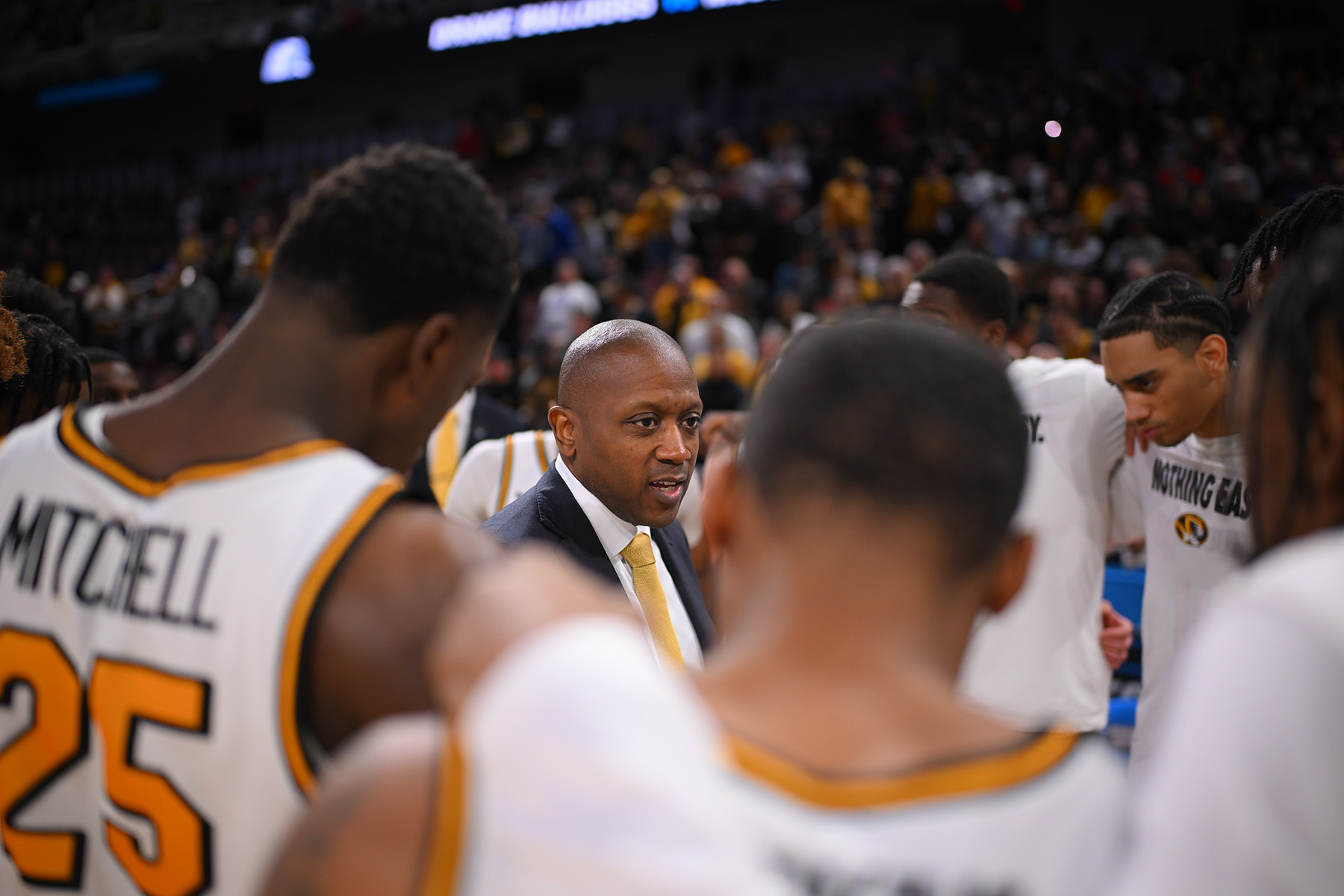
The Tigers are not done recruiting. Gates is still looking to add another versatile guard to the mix, but he is optimistic about the group he has so far assembled. “We have a positive assist to turnover ratio, we have dynamic defenders and now we have the length and athleticism to have some lob threats. And we can still play at our pace without losing anything,” he says. “So I’m excited about it and we’ll see as we continue to put this puzzle together. But being [one of] the top teams in returning stats is very important and that’s where we are.”



